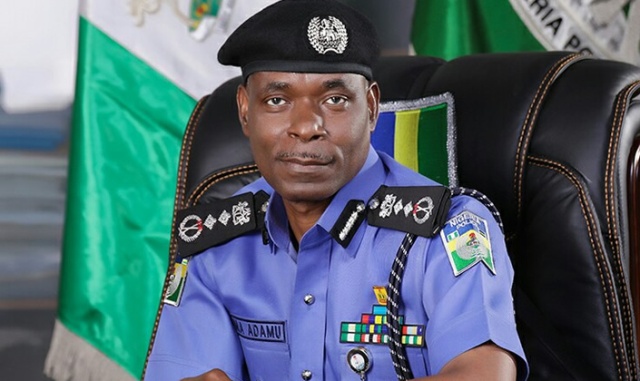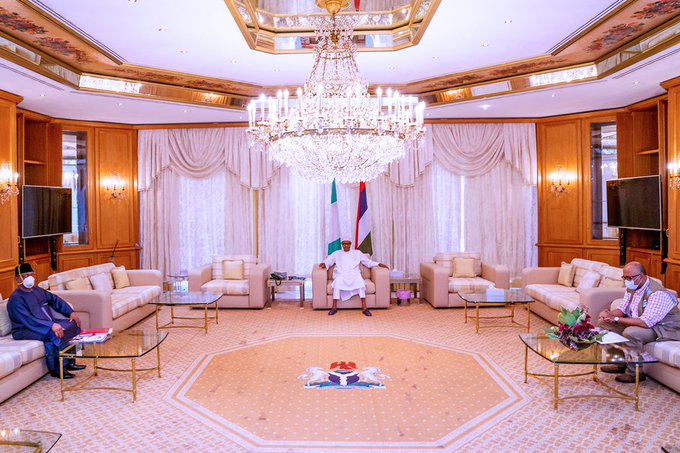Air Peace says 274 Israelis was evacuated from the Murtala Muhammed International Airport (MMIA), Lagos and the Nnamdi Azikiwe International Airport, Abuja (NAIA) to Tel-Aviv, Israel.
Mr Allen Onyema, the Chairman of Air Peace, made this known on Sunday in a statement in Lagos.
Onyema said the flight, which transported 65 passengers from Lagos and proceeded to Abuja to transport another 209, was operated by Air Peace Boeing 777-300 with registration number 5N-BWI.
He described the flight as historical, saying, “it is the first time Nigeria and Israel would have a direct flight”.
Onyema expressed hope that subsequently the two countries would have scheduled direct flight between Lagos and Tel-Aviv.
“It is a historic day for both Nigeria and Israel. History has been made today; 60 years of diplomatic relations, no direct flight has been conducted between Nigeria and Israel till today.
“So, this is the first time Nigeria and Israel will have direct air connectivity.
“So, it is a historic day, and it is going to portend greater things that will come, both countries have a lot to gain by having direct flights.
“Nigeria is a land of huge potential, which Israel may be willing to tap into, while Nigeria will want to tap into science and technology, which Israel is known for.
“I really want to thank the Federal Government of Nigeria for making this possible.
“Previous administrations were unable to pull this through, but this government did it. We have a compassionate government, that I can tell you,” he added.
According to him, it is difficult to get flight permits, even during this critical period of emergencies from other countries, but Nigeria did not waste a second to approve this flight.
“The Minister of Aviation, Sen. Hadi Sirika, approved the request the moment it was presented to him.
“All the heads of aviation agencies gave their supports, which made the flight possible. So, it is the government that made the evacuation possible,” Onyema said.
He said the Israel Government also gave its support and allowed for the first time a Nigerian airline to operate direct flight to Israel, noting that this was something good for both countries, good for our diplomatic relations.
“So, I feel proud; I fell privileged to be part of this history, and I thank God Almighty for it. We have to build from here now going forward,” the Air Peace chairman said.
He also said that the COVID-19 storm would be over someday.
“When it is over, we look forward to do scheduled direct flight to Israel; at least twice a week to Tel-Aviv; this will help boost business relations between both countries.
“So, there is a lot to be gained instead of people going through different countries before getting to Israel.
“For Israelis to get to their country, they spent about 18 hours for just about five hours flight from Nigeria.
“They were happy and clapping for the Nigerian Government and for the Israeli Government for making this happen today. So, I say kudos to the Buhari administration for making this come through,” Onyema said.
Responding, the Israeli Ambassador to Nigeria, Shimon Ben-Shoshan, expressed happiness for the successful evacuation of his country’s citizens from Nigeria.
Ben-Shoshan commended the chairman of Air Peace, for his invaluable contribution in making the air transport possible.
“Thank you so much for this cooperation with us. We will work together.
“During this operation, I will work with you hand by hand. I can say that you are the darling of the Nigerian people, but you are my hero. Thank you so much,” Ben-Shoshan.
Also, an Israeli official, who superintended the process from Lagos, but wished not to be named, said it was because of the Coronavirus pandemic that Israel decided to evacuate its citizens.
“This is to enable them to have access to better medical facilities and personnel in Israel than in Nigeria.
“We are evacuating because of the Coronavirus and the situation in Nigeria, which could become serious.
“You see what is happening all over the world. So for us to protect our citizens better, we take them home to get a better health service.
“If something happens to you here you go to private hospital, not government hospital; but in Israel, we have government hospitals. By God’s grace we hope to have direct flight subsequently,” the official said.
Commenting, the Air Peace Station Manager at MMIA, Mr Lenard Olisakwe, expressed happiness that Israel chose Nigerian airline to evacuate its citizens to Israel.
Olisakwe said: “It is not easy to be patronised by Israelis who are highly security conscious, having to say, yes I am handing over the lives of my citizens to a particular airline is a big one.
“I was excited too because for them to choose Air Peace they must have done a lot of homework because they are not frivolous people.
“We are operating from both Abuja and Lagos. It is a transit flight. We will take them to Abuja International Airport where the other passengers will join and from Abuja to Tel-Aviv.
“It is about five hours flight. We are using one of our B777-300 BWI. It is one of the best we have,” he said.
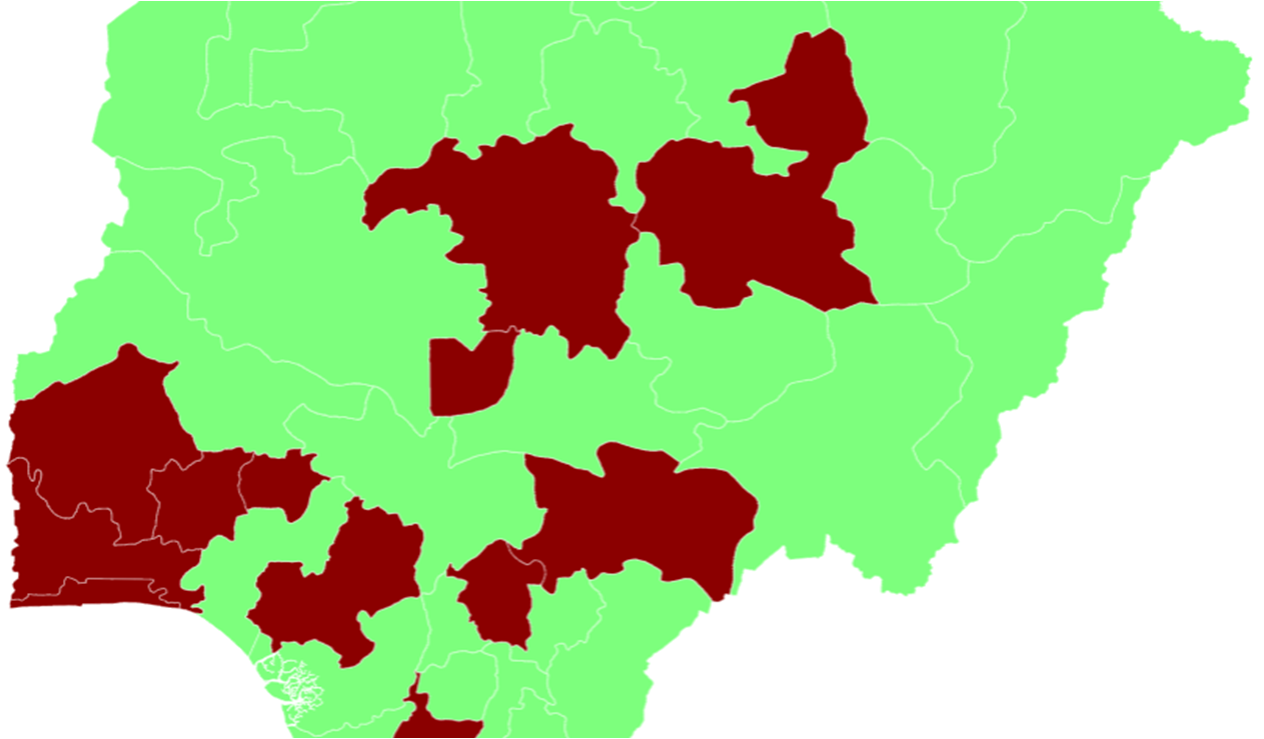
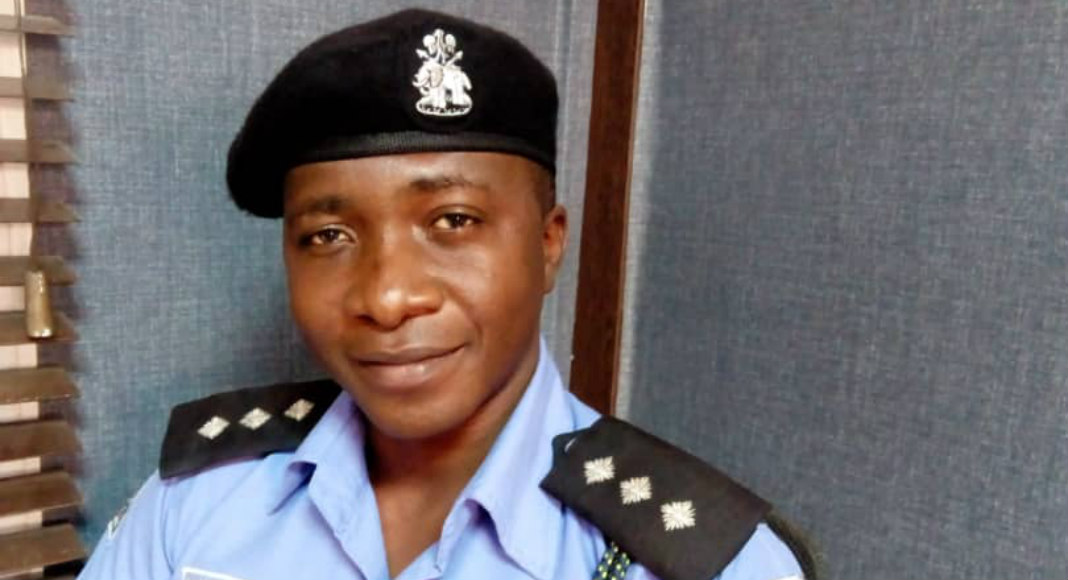
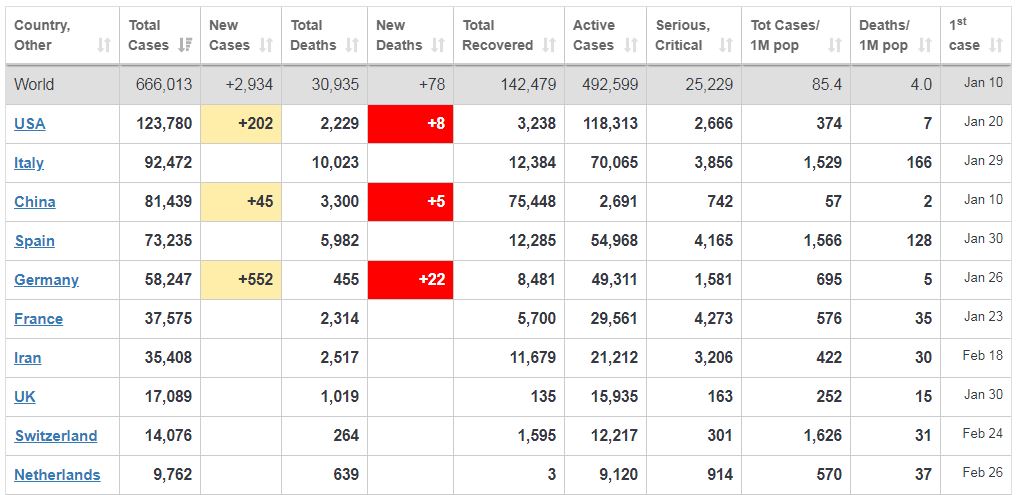
![Panic in Delta over suspected COVID-19 case [VIDEO]](https://thenewsguru.ng/wp-content/uploads/2020/03/IMG_20200309_102836_822_1585228259108.jpg)

